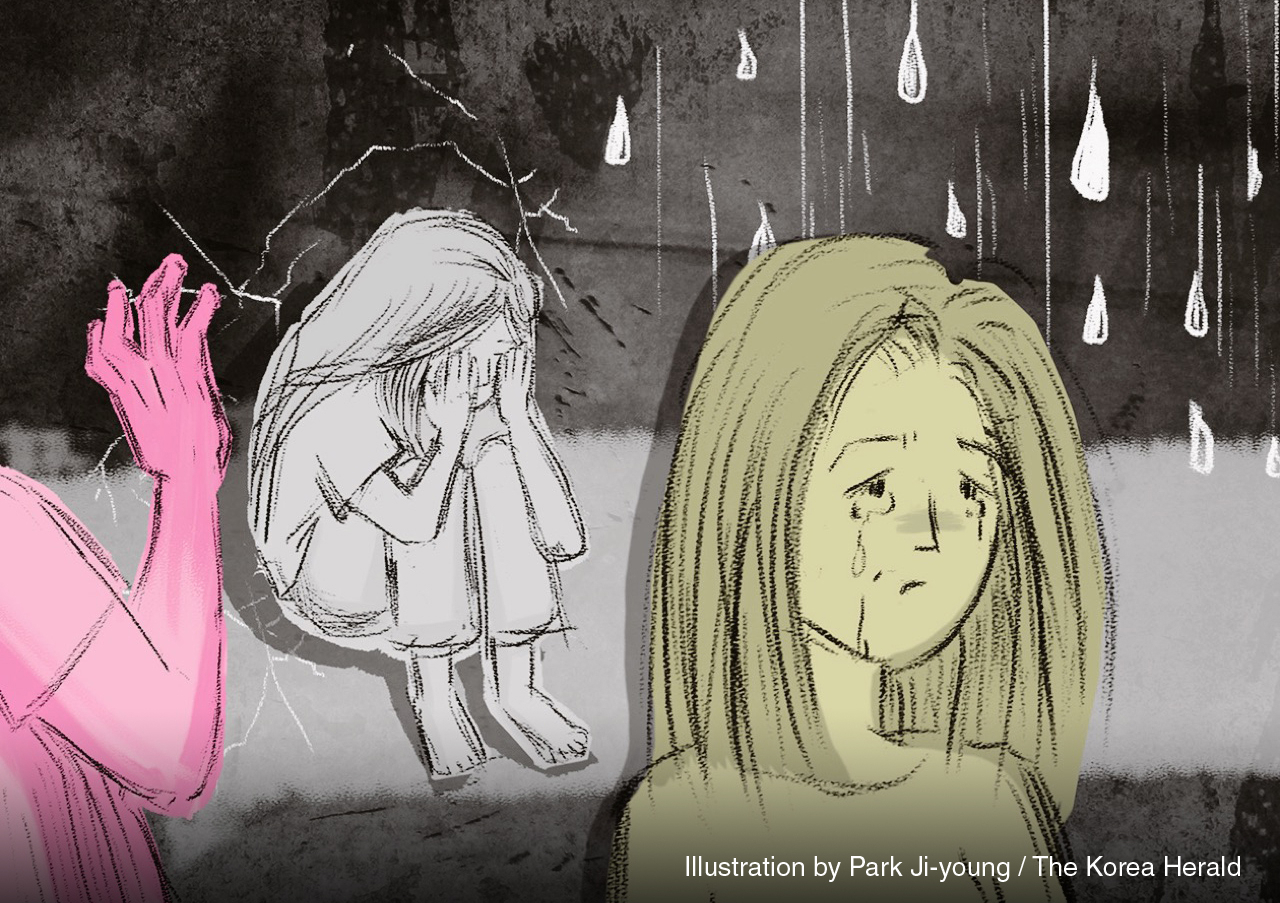When breaking news hits, the first instinct for many is to run to social media for more information. What we find there isn't always accurate, unfortunately, and it's all too easy to accidentally spread false narratives to our followers.
Total Time- 30 min
- Social Media App
- Online Access
Step 1:Know your source
Make sure you know exactly who provided the information for the reports you're reading. Is it a reporter on the ground? A bystander? An "anonymous source" or "law enforcement official?" Establish where the information came from before trusting what it says. If there's no citation, don't share.
Step 2:Compare multiple reports to find the facts
Once something newsworthy happens, there will be multiple outlets on the ground covering the event. Read as many reports from reliable sources as possible to find the consistent, irrefutable facts. If there are only a few accounts available, that might mean that other news sources are working to confirm the facts before publishing — so you should wait before assuming you know the whole story, too.
Step 3:Don't just share stories based on headlines
Headlines aren't written to tell the whole story, especially in the midst of a complicated situation where every fact might not be clear. Sketchy outlets might even share reports with misleading headlines to drive clicks, even if they don't accurately describe the facts or completely understand the situation. Make sure to actually read everything you share or RT.
Step 4:Avoid hyperbole
If you're reading something that calls an event the "biggest," "most," or "deadliest," double check those claims with a quick search. If a reporter or source uses all-caps or uses explicit language in reporting, you probably shouldn't be counting on them to be completely factually correct.
Step 5:Consider the angle
What does this outlet or personality have to gain from reporting this news? Do they have any stakes in the situation? Agendas can influence how people perceive the news as it's breaking, especially if you're depending on tweets to see what people are saying about an event. You can consider their opinions — but don't trust them to know exactly what's going on.
Step 6:Check pictures using Google Image search
Falling for fake images or videos that look like they were taken on the scene is all too easy. You can combat hoaxers before you share out a doctored or outdated pic by searching Google to see if it has been used elsewhere. That could prevent you from sharing "Hurricane Shark" for the millionth time after the next big storm.
Step 7:If your tweet is debunked, delete and correct
If you're tweeting about the news, you'll inevitably end up getting something wrong. If that happens, you should own up and acknowledge your mistake. This gets complicated on Twitter, where you can't edit posts, so deleting them is your best option to rectify the situation. Removing false tweets isn't to cover your tracks — it's to keep the incorrect information from being shared through retweets from others who haven't seen the correction.
Step 8:Think before you RT or share
The most important question to consider before sharing anything online is a simple one: Why am I doing this? Is this a knee-jerk reaction? What will this post contribute to the overall narrative, if anything? If you can't answer any of those questions, you should probably put your phone down until you know more about what's happening.
Recent events like Hurricane Irma and the Las Vegas shooting proved just how quickly misinformation can spread on networks like Twitter and Facebook — and even Google's search algorithm can lead to the dissemination of incorrect reporting. Some of these fake stories come from trolls sowing discord online for their own benefit, but many others are broadcast unwittingly by the public on accident, after they share out an unbelievable picture or viral link while trying to grapple with the news of the day.
Thankfully, NPR's On the Media has created a number of helpful guides to combat misinformation and false reporting online during breaking news events. Topics range from Fake News to Stock Market Volatility, sharing simple tips to help readers wade through the news quagmire.
SEE ALSO:Zuckerberg's non-statement on Trump and fake news is a total cop outWe've elaborated on some of the best tips and added a few of our own to help you avoid the spread of misinformation and to keep you from being part of the fake news problem.
Know your source
Make sure you know exactly who provided the information for the reports you're reading. Is it a reporter on the ground? A bystander? An "anonymous source" or "law enforcement official?" Establish where the information came from before trusting what it says. If there's no citation, don't share.
Compare multiple reports to find the facts
Once something newsworthy happens, there will be multiple outlets on the ground covering the event. Read as many reports from reliable sources as possible to find the consistent, irrefutable facts. If there are only a few accounts available, that might mean that other news sources are working to confirm the facts before publishing — so you should wait before assuming you know the whole story, too.
Don't just share stories based on headlines
Headlines aren't written to tell the whole story, especially in the midst of a complicated situation where every fact might not be clear. Sketchy outlets might even share reports with misleading headlines to drive clicks, even if they don't accurately describe the facts or completely understand the situation. Make sure to actually read everything you share or RT.
Avoid hyperbole
If you're reading something that calls an event the "biggest," "most," or "deadliest," double check those claims with a quick search. If a reporter or source uses all-caps or uses explicit language in reporting, you probably shouldn't be counting on them to be completely factually correct.
Tweet may have been deleted
Consider the angle
What does this outlet or personality have to gain from reporting this news? Do they have any stakes in the situation? Agendas can influence how people perceive the news as it's breaking, especially if you're depending on tweets to see what people are saying about an event. You can consider their opinions — but don't trust them to know exactly what's going on.
Check pictures using Google Image search
Falling for fake images or videos that looklike they were taken on the scene is all too easy. You can combat hoaxers before you share out a doctored or outdated pic by searching Google to see if it has been used elsewhere. That could prevent you from sharing "Hurricane Shark" for the millionth time after the next big storm.
If your tweet is debunked, delete and correct
If you're tweeting about the news, you'll inevitably end up getting something wrong. If that happens, you should own up and acknowledge your mistake. This gets complicated on Twitter, where you can't edit posts, so deleting them is your best option to rectify the situation. Removing false tweets isn't to cover your tracks — it's to keep the incorrect information from being shared through retweets from others who haven't seen the correction.
Just look at these two tweets from New York Times writer Paul Krugman.
Tweet may have been deleted
Tweet may have been deleted
The first, incorrect post was retweeted almost 14,500 times. The correction was barely a sliver of that, with only 579 retweets. That means there might still be nearly 14,000 accounts sharing out false information without a correction — something you can stop from happening by deleting the offending tweet.
Think before you RT or share
The most important question to consider before sharing anything online is a simple one: Why am I doing this? Is this a knee-jerk reaction? What will this post contribute to the overall narrative, if anything? If you can't answer any of those questions, you should probably put your phone down until you know more about what's happening.
When you're sharing news online, think of yourself as a reporter. Your followers read what you share, after all, and they probably take you at your word. Don't give them any reason to doubt you, and it'll be even easier for you to avoid spreading any false information.
Featured Video For You
Jason Aldean and other celebs react to the Las Vegas shooting








